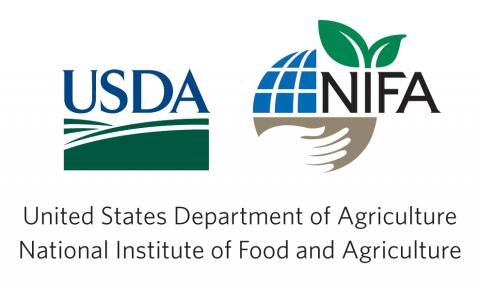
The desire to harvest the genomics promises to develop differentiated products by farmers and agribusiness is driving new scientific developments. There is a growing need to supply both the technology and the talent to secure the continued competitiveness of American agriculture. However, the pace of change driven by genomics has clearly raised many public policy issues. Daily, new questions are raised with respect to public versus private ownership of germplasm, access to research information, and the safety of genetically modified organisms. The rapid pace of scientific change and the restructuring of the food and fiber industry have resulted in growing tensions between all sectors [consumers, producers, government and university researchers, and regulatory agencies]. Scientists are finding themselves in the firing line between their traditional role in the research laboratory and the public's desire for a safe food supply. There is a need to train scientists that are well versed in communicating not only to their colleagues but also to the public-at-large regarding policy issues associated with genomics and biotechnology.
A unique Ph.D. training program in Agricultural Genome Sciences and Public Policy was developed in which students became bilingual with respect to communicating with scientists as well as the lay public. The goal was to train students to be creative and innovative scientists who can lead and participate in the formulation of public policy. Trainees received extensive instruction in genomics and bioinformatics, communication (both written and spoken), ethics, developing public policy, and were provided with internship opportunities.
This program was unique in that External Advisory Board Members bring international and national leadership experience in public policy for agricultural biotechnology and genomics. In addition to the students having an opportunity to train with internationally recognized agricultural genomics researchers, they also had access to recognized experts in public policy (domestically and globally), ethics and biotechnology outreach.
The training grant funded 25 students. 33 faculty members with expertise in animal genomics, plant genomics, microbial genomics, and public policy, participated in their training. Several new courses were developed and taught as part of this program, and the students organized a forum held in April of 2005 entitled "Food for Thought: Biotechnology and the Consumer." The forum consisted of a series of lectures and panel discussions designed to give consumers, producers and policymakers an opportunity to voice concerns and interact with experts in the field. A second forum was held in partnership with the Pew Initiative on Food and Biotechnology, entitled "A Future for Animal Biotechnology" that provided an overview of the potential benefits and concerns associated with cloned and transgenic animal research.
